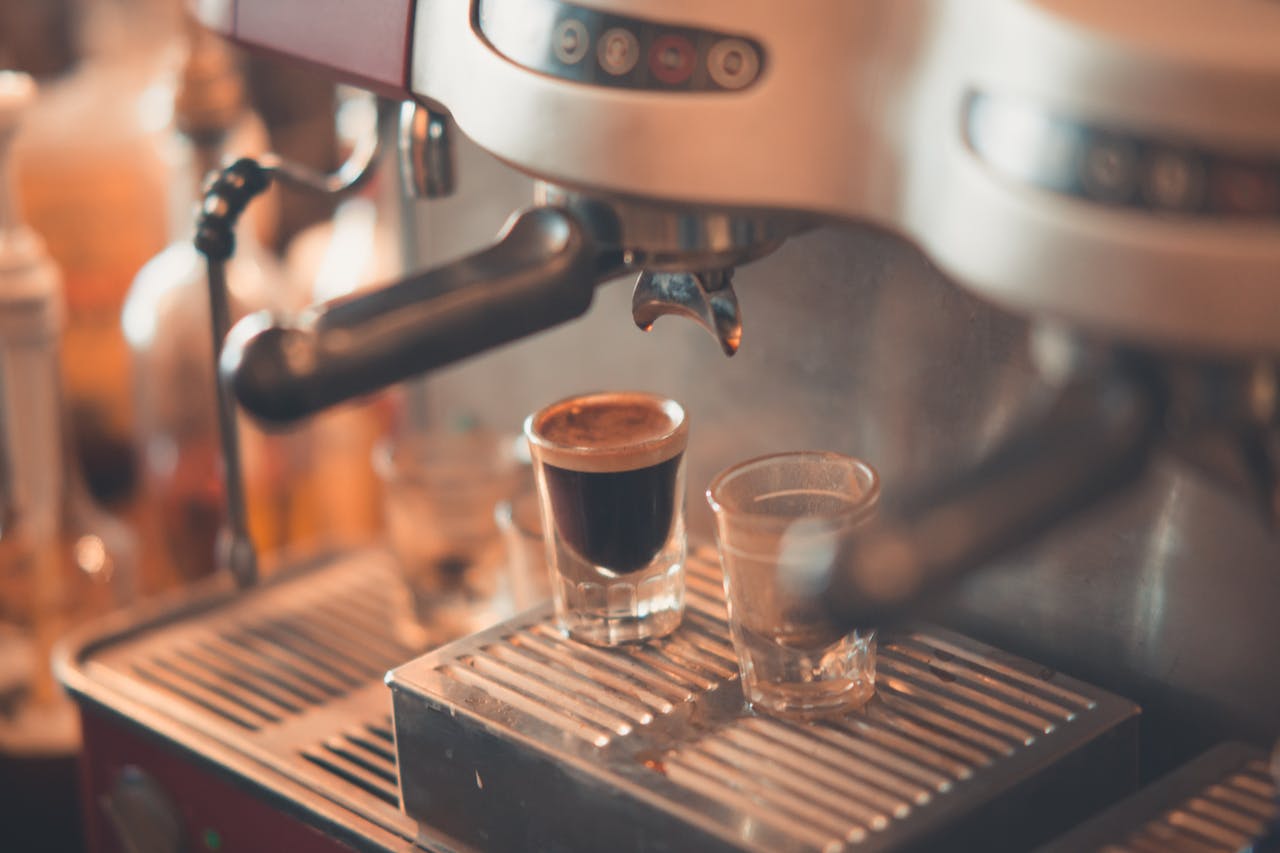Generally, your cold brew coffee should have a naturally sweet and slightly acidic flavor. However, there are times when your cold brew can turn out to be bitter. Wondering why? Let’s dissect the interconnected factors that contribute to cold brew tastes bitter.
Table of Contents
How to know if the coffee is bitter
Identifying a bitter taste in your cold brew isn’t too challenging. Bitterness, being one of the basic tastes, is typically noticeable on the back of the tongue. Most people are familiar with this taste, as it is a common characteristic of daily consumables like dark chocolate or certain vegetables.
A bitter coffee often leaves a harsh, unpleasant aftertaste that lingers in your mouth. Additionally, the original flavors and nuances of the coffee beans might be overwhelmed by this strong taste. If your cold brew triggers these sensations, it’s probably become bitter.
Factors Contributing to Bitter Cold Brew
- Coffee bean selection: The type of bean you choose plays a key role. Beans that are higher in acid tend to yield a more bitter brew.
- Grind size: The particle size of your coffee grounds can greatly influence the taste of your brew. A finer grind can lead to over-extraction, which results in bitterness.
- Steep time: Steeping your coffee for too long can also lead to over-extraction, enhancing the bitter taste.
By acknowledging and these adjusting elements properly, you can significantly reduce the bitterness in your cold brew coffee.
Bitterness Levels in Different Types of Coffee Beans
Note: Your choice of coffee beans can impact the bitterness of your cold brew. To elaborate, find a summary in the table below:
| Type of Bean | Bitterness Level |
|---|---|
| Robusta Beans | High |
| Arabica Beans | Medium to Low |
| Light Roasts | Low |
This information might help you adjust your selection of coffee beans and alleviate the bitterness of your finished cold brew.
Now that you’re familiar with what contributes to bitterness and how to spot it, it’s time to delve deeper into how to solve this problem.

How to solve cold brew being bitter?
Understanding why your cold brew has a bitter taste is the first step towards solving the problem. Correcting a bitter cold brew blends pertinent knowledge, attention to detail, and a hint of experimentation.
The following strategies focus on coffee selection, brewing practices, and storage habits, all primary concerns in preparing a delightful cold brew experience.
Coffee selection: Although it might seem counterintuitive, opting for a medium to light roast can make a significant difference to your cold brew. Dark roasts have more oils that can make the brew bitter.
So, a simple switch of beans might do the trick. In contrast to espresso which benefits from a darker roast, cold brew requires a coffee that can hold up to long-duration immersion without losing its pleasant flavors.
- Quality of beans: Always opt for high-quality beans. If possible, purchase organic, pesticide-free ones as chemicals can affect the taste. The quality of beans used for brewing impacts the flavor profile of your cold brew directly.
- Grind size: A coarse grind is ideal for cold brew. Fine grinds can result in over-extraction, contributing significantly to bitterness. The best grind size for avoiding bitterness is relatively chunky, almost like cornmeal.
Brewing practices: Time and temperature are key factors at this step. Cold brew extraction is a slow process that typically lasts anywhere from 12 to 24 hours.
Brewing time significantly influences the flavor. Over-brewing may lead to an over-extracted, bitter brew. Keep the brewing time between 16 to 20 hours for a balanced flavor.
Also, cold brew should be prepared at room temperature or in the refrigerator to prevent over-extraction. Be sure you have good-quality water, as this plays a significant role in the taste of the brew.
- Brew ratios: This is crucial. Avoid using too much coffee for the amount of water you’re using. Start with a 1:8 coffee-to-water ratio and adjust as necessary.
- Filtered water: As coffee is primarily water, its quality will greatly affect your brew. Use filtered water instead of straight tap water to ensure the best flavor.
Storage habits: After brewing, filter the coffee and store it properly. Never leave the cold brew at room temperature for longer periods. Keep your cold brew refrigerated in a glass or stainless-steel container, and make sure it’s sealed to prevent oxygen from making your coffee bitter.
In conclusion, using the right beans, paying attention to brewing practices, and storing your brew appropriately can help improve your bland brew, ensuring your cold coffee tastes as it should—smooth, robust, and incredibly refreshing.


Leave a Reply